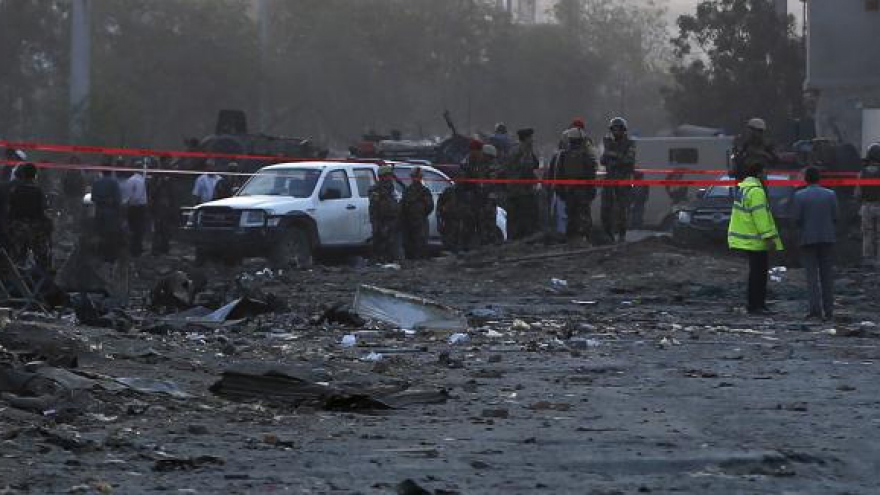NATO wants Afghan forces to do less defending, more attacking
NATO advisers want Afghan soldiers to spend less time manning checkpoints and more taking the fight to Taliban militants, a key tactical shift the coalition hopes will enable local forces to quell a rising insurgency.
With NATO's combat mission officially over, and only a few thousand foreign troops left, the onus has fallen on the Afghan army and police to impose stability, and the military alliance is looking for ways to use those resources more effectively.
Reducing reliance on thousands of poorly defended checkpoints that dot towns and roads across the country is a priority for NATO heading into summer, when fighting is expected to intensify as the Taliban renews its push to seize back power.
"They've got way too many soldiers on checkpoints," said Brigadier-General Wilson Shoffner, spokesman for the NATO-led training mission known as Resolute Support.
 |
"We have decided to pull out our troops from their defensive role and prepare them for an aggressive role in the coming year," said General Murad Ali Murad, commander of the Afghan army's ground forces.
"We are providing them with serious training and better equipment in order to prepare for a spring offensive."
But countrywide, obstacles remain to changing tactics long favored by security forces.
Despite providing the enemy with an obvious target, checkpoints are still simpler to defend than launching mobile operations, which require logistics and air support often beyond the reach of limited Afghan resources.
Politics can also complicate efforts to change strategy, Shoffner said.



